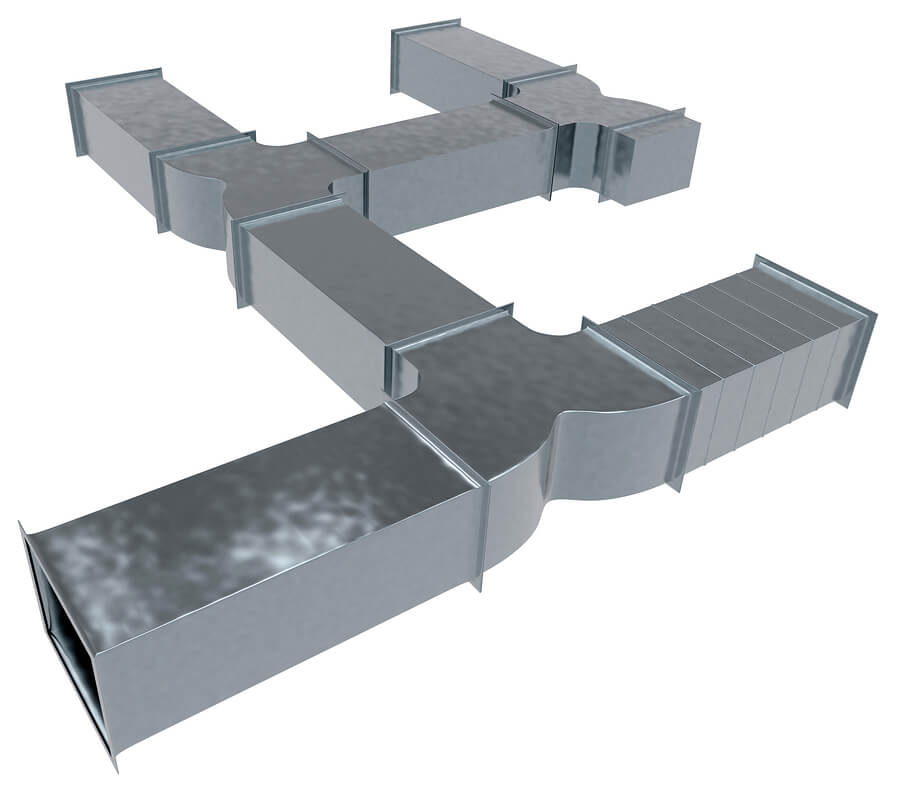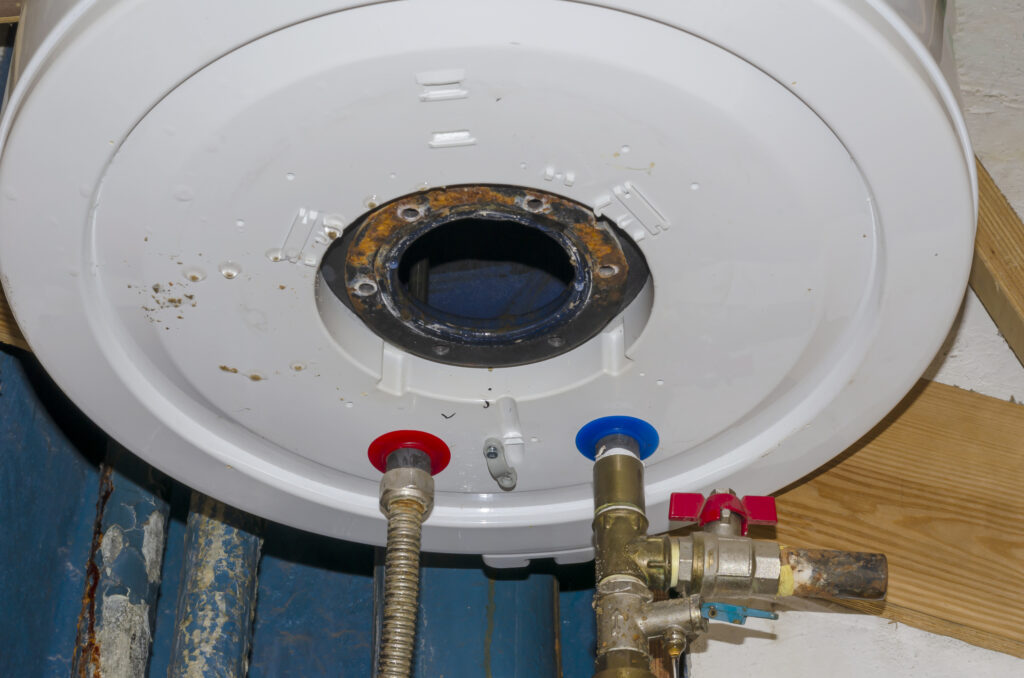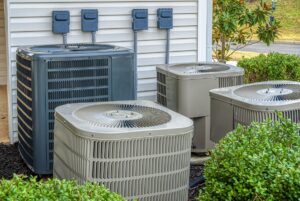Whether you’re building or renovating a home, the heating and cooling system is one of your most important considerations. That includes the furnace and air conditioner, of course, but also the air ducts.

What is Ductwork And What Does it do?
The job of ductwork is to direct air coming out of your HVAC unit and distribute it to different spaces in your home. Simply put, without ducts, every room of your home would be a different temperature. Ducts also play a major role in energy efficiency, as the more efficient your ductwork is, the more energy you can save. When ducts are not properly maintained and sealed, they can leak air. This leads to higher energy costs and rooms that don’t stay at an even temperature. To ensure optimal performance of your HVAC unit, you should have your ductwork inspected regularly for air leaks and other issues. If you find that your ducts need to be replaced or repaired, it’s important to hire a professional HVAC technician who is trained in the proper installation of ductwork. A professional will know what type of material works best for ducts in your area, as well as how to properly insulate and seal the ductwork. This will ensure that your system is running at peak efficiency and keep your home comfortable throughout the year. You may be surprised to learn that there are four different types of ducts you can install in your home. Each comes with its own pros and cons. So it’s important to know about each one before making a decision for your project.
Sheet metal
Made of galvanized steel or aluminum, rigid sheet metal is the most common type of ductwork. The thick, solid wall makes the duct very durable. The interior is known to trap dust and other particles, but the smooth surface is generally easy to clean. So if you go with sheet metal in your home, it’s a good idea to get your ducts professionally cleaned now and then to maintain proper air quality. Due to their non-porous surface, they are also the least likely to support mold growth.
Fiberboard
This type of duct is made of fiberglass strands held together by resin. Foil is added to the exterior for insulation. The inside surface is textured from the fiberglass strands, and dust and debris can get trapped in these crevices – so long-term air quality and efficiency are a potential concern. Fiberboard ducts are generally less expensive than sheet metal. One advantage of fiberboard is that it can be fabricated to fit spaces that would be difficult to accommodate with some other duct materials. In humid climates, this duct can support the growth of mold and mildew.
Fiberglass
This type has a similar construction of a sheet metal duct, plus an added fiberglass lining to limit heat loss. Because of the sealed interior lining, fiberglass ducts require intense cleaning that can make the ductwork less durable. One advantage is the fiberglass lining can reduce the sound of the HVAC system, making it a popular choice in offices and commercial buildings. This material can also be contaminated with mold.
Flexible ducts
As the name implies, these ducts are not rigid like the other types. They’re made with a steel spring coil covered in thick plastic. Being flexible makes this duct a good choice to fit in tight spaces. Flexible ducts are cheaper and easier to install than rigid ducts. However, it’s important to avoid punctures, kinks, or sags while installing, as these could hurt the performance of the HVAC system. The disadvantage of this type of duct material is that because they are relatively easy to install, every Dick and Harry thinks they can do the job. This can result in inferior installation and a greater chance of air leaks, which can lead to damage or lower efficiency over time. Choosing the right ductwork for your home comes down to the materials, overall design, your needs for heat retention or noise reduction, and budget. It is also important to choose a contractor who is experienced with installing different types of ducts. This will ensure your home’s HVAC system works efficiently and safely for years to come.
Contact The Experts at Robert B. Payne For Help
At Robert B. Payne, we’ve been providing Fredericksburg homeowner comfort for over 90+ years. To consult our heating and cooling professionals about your ductwork and overall HVAC needs, give us a call at 540-373-5876.






